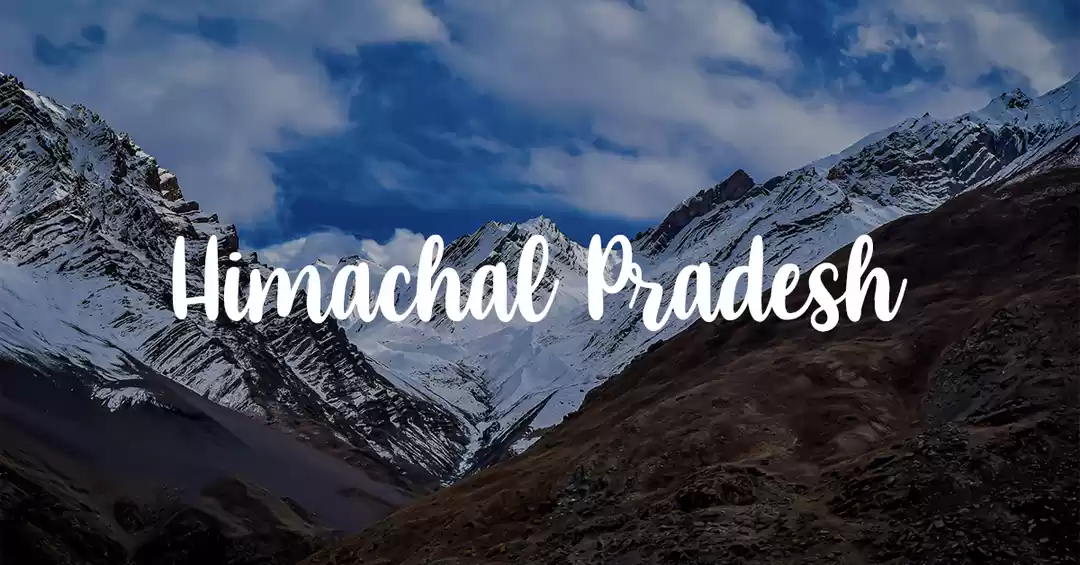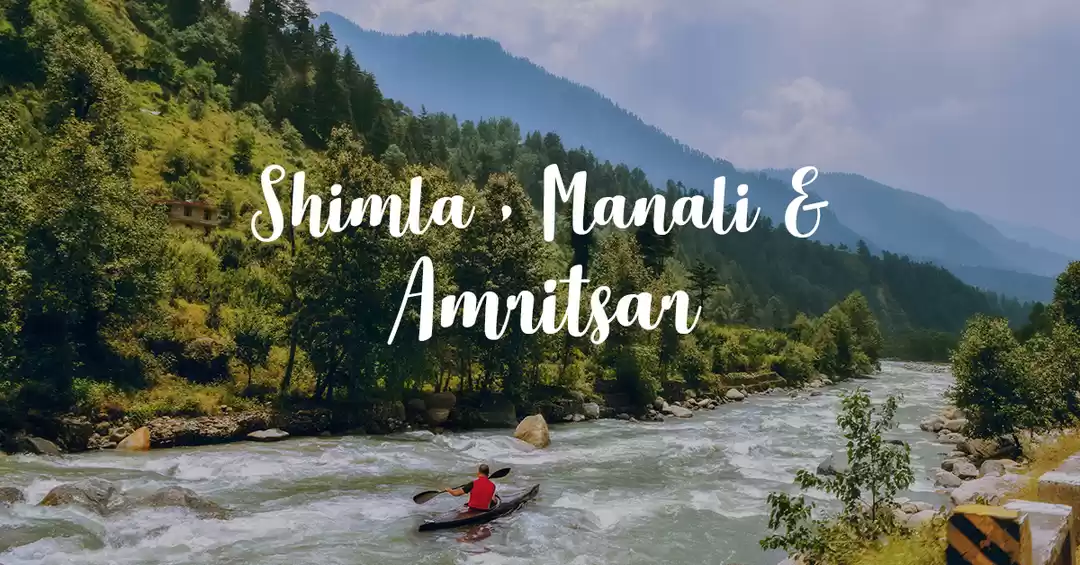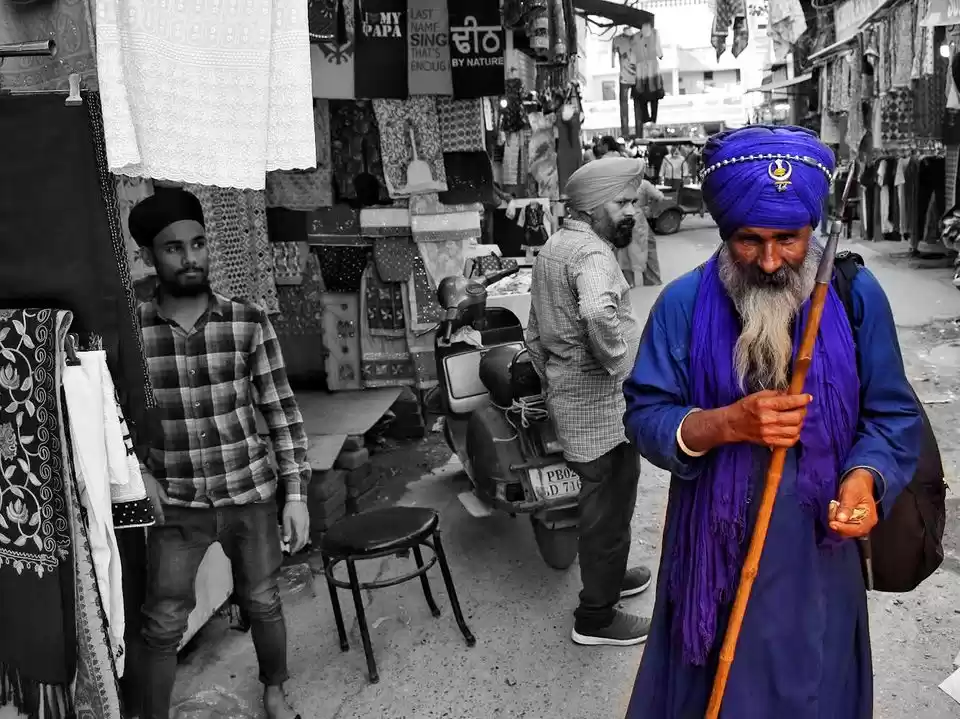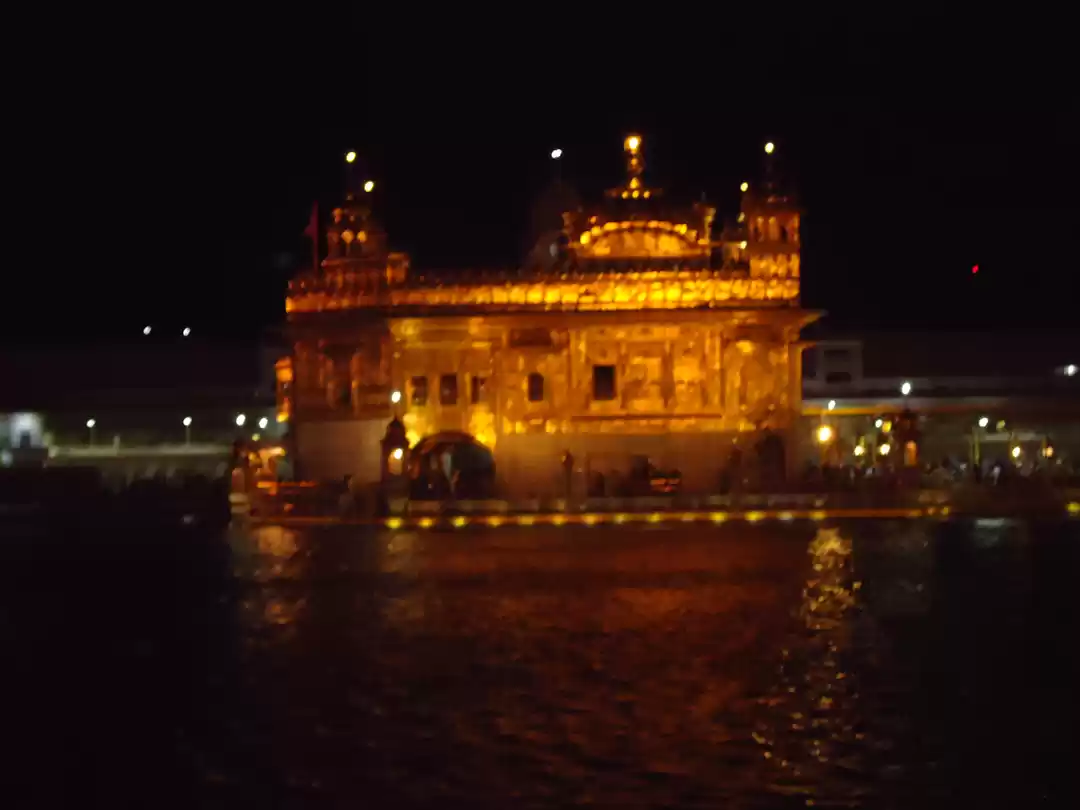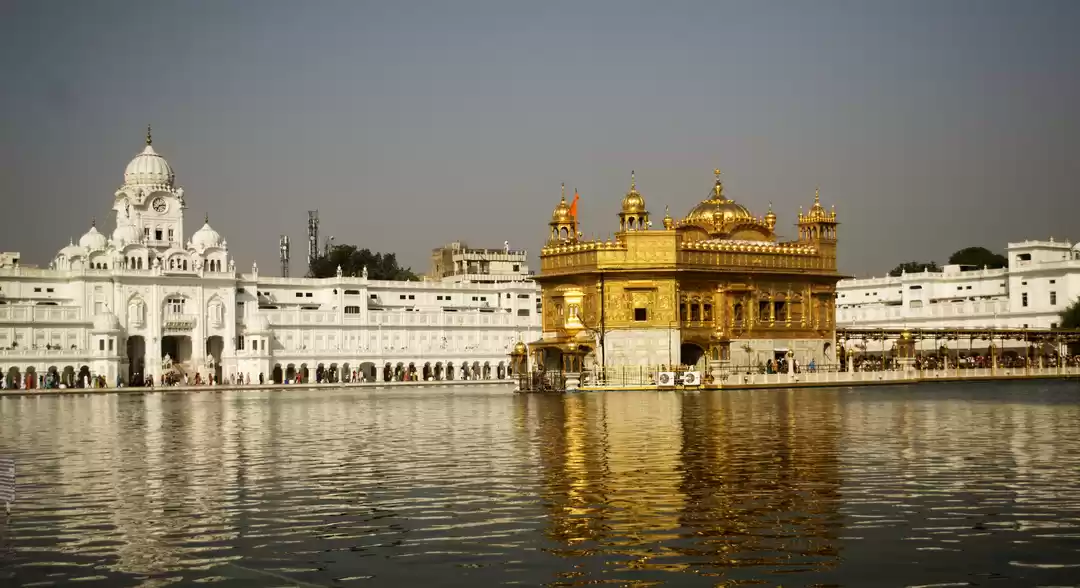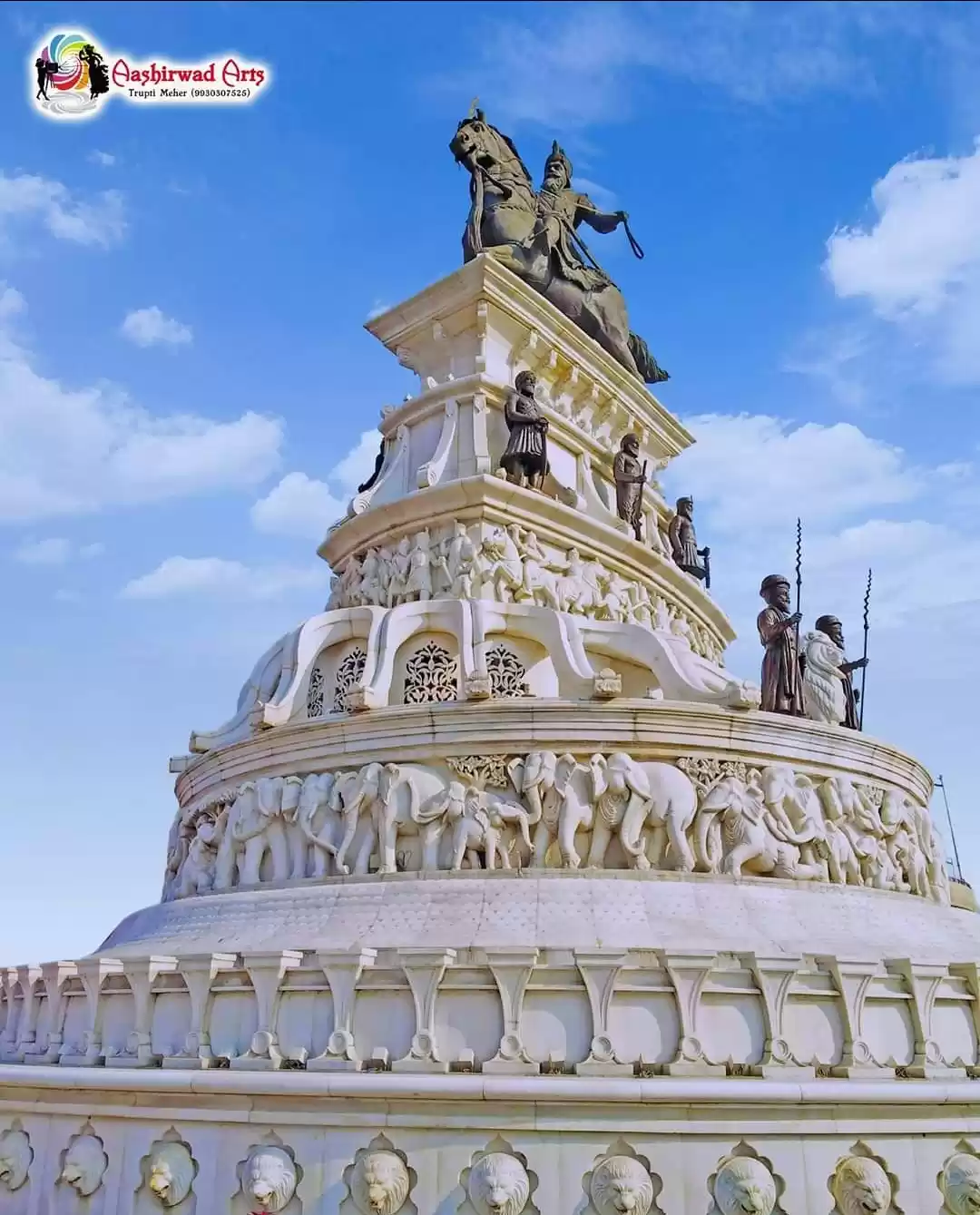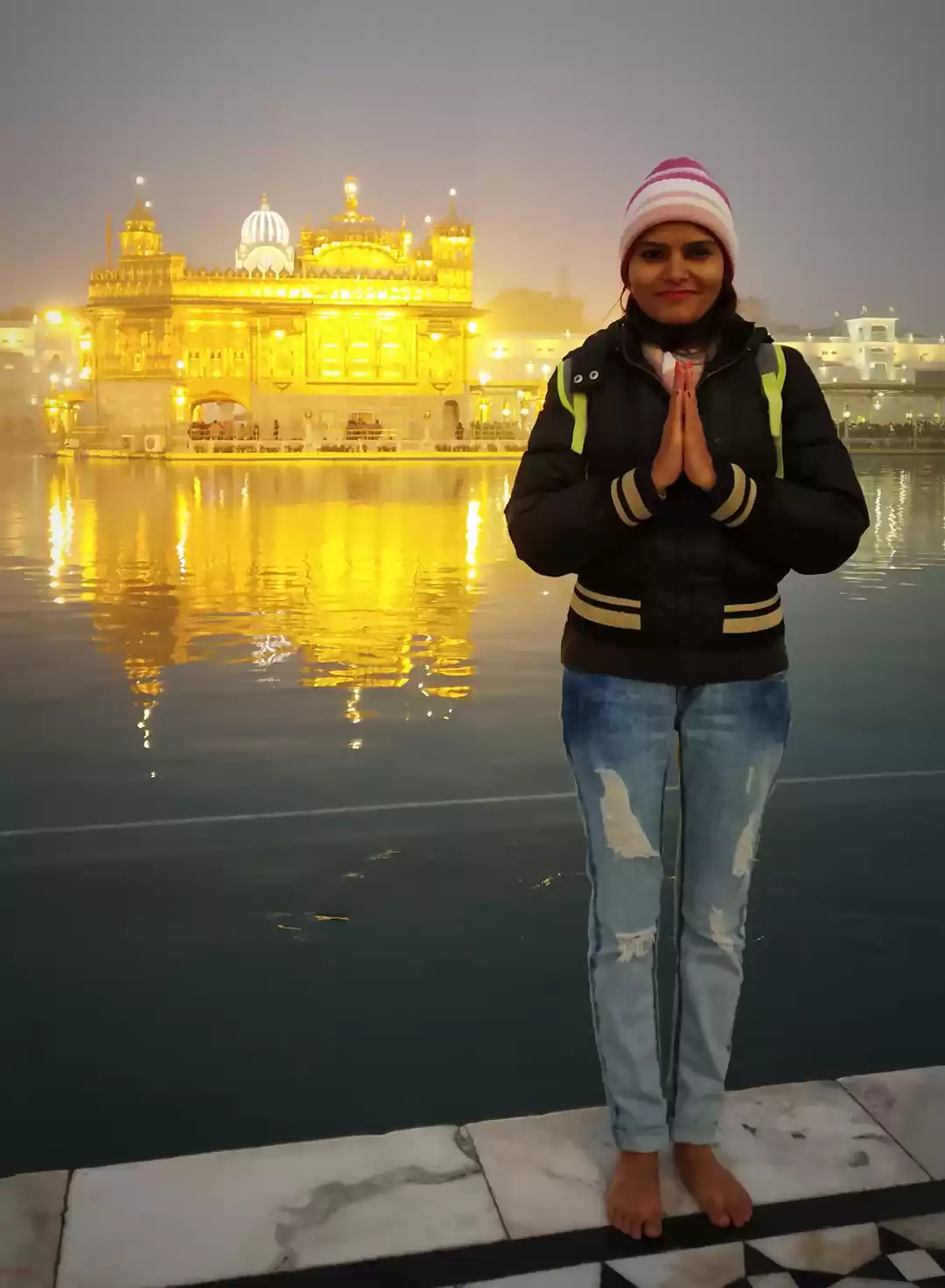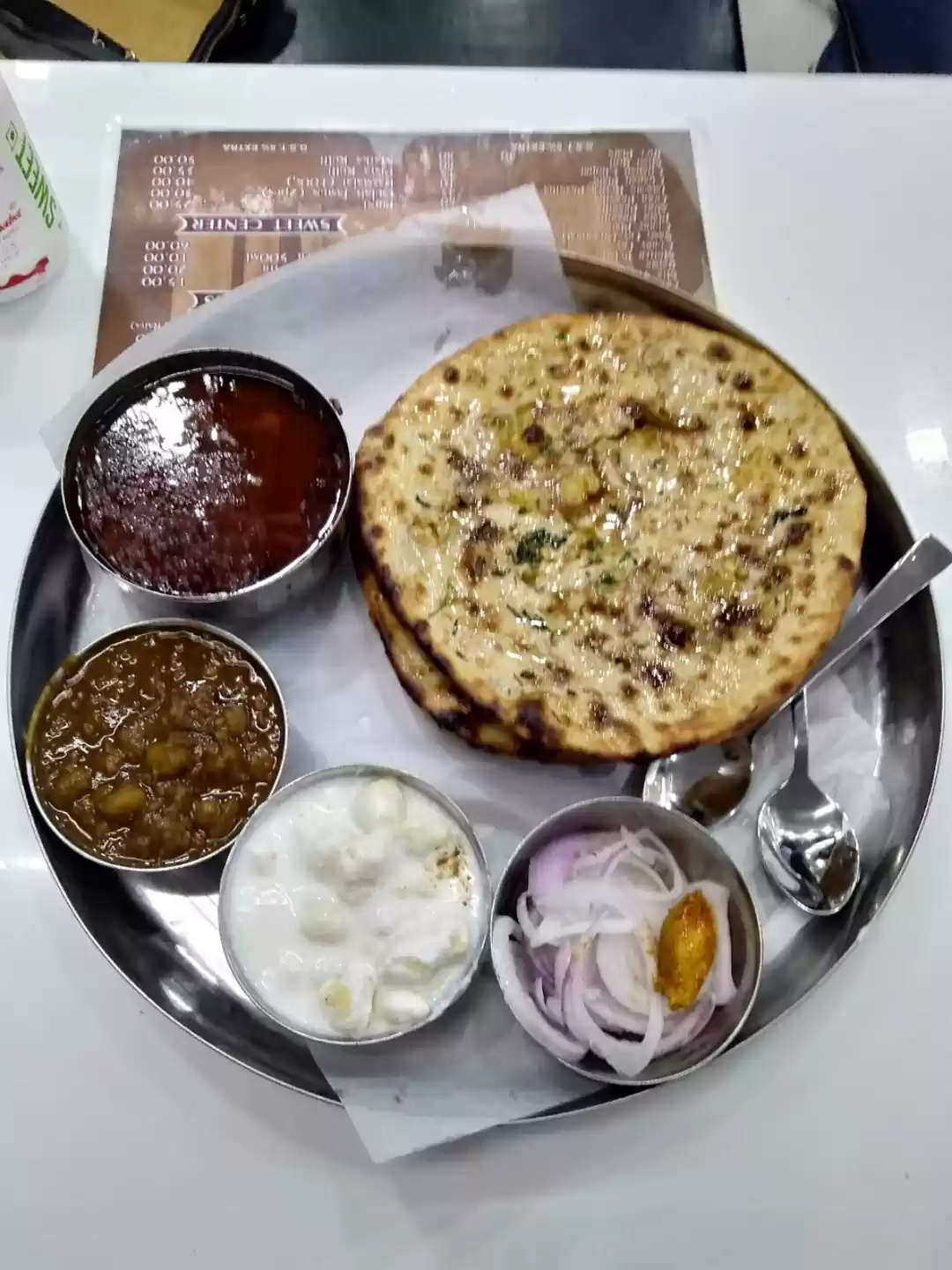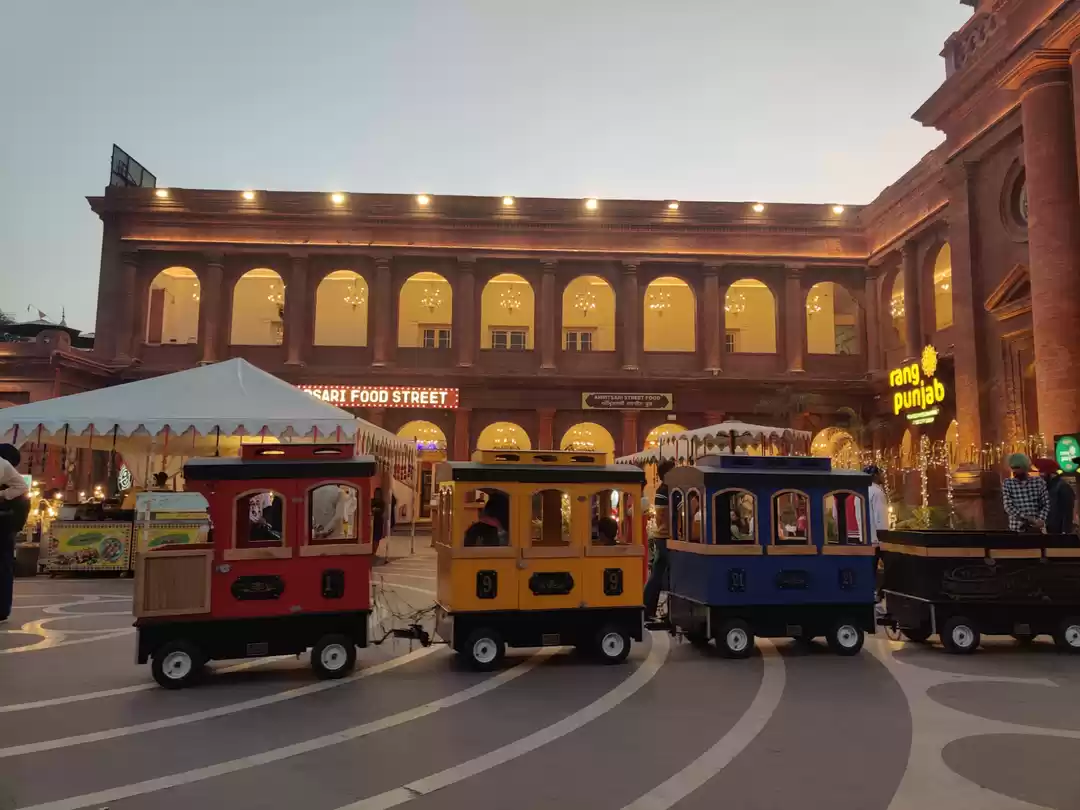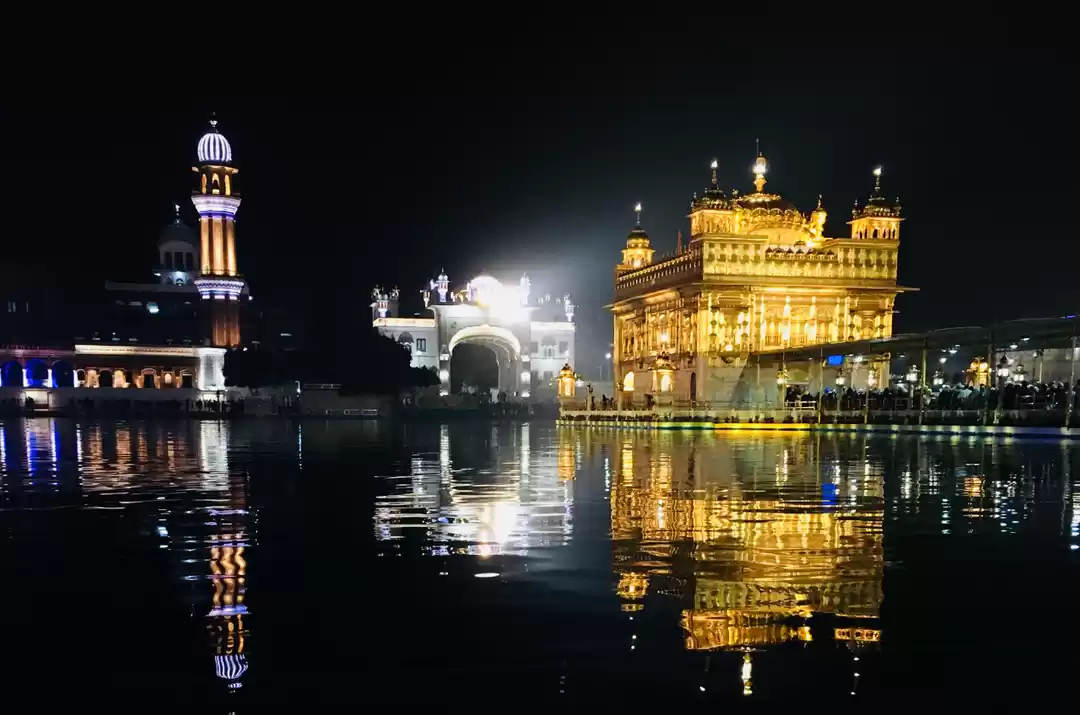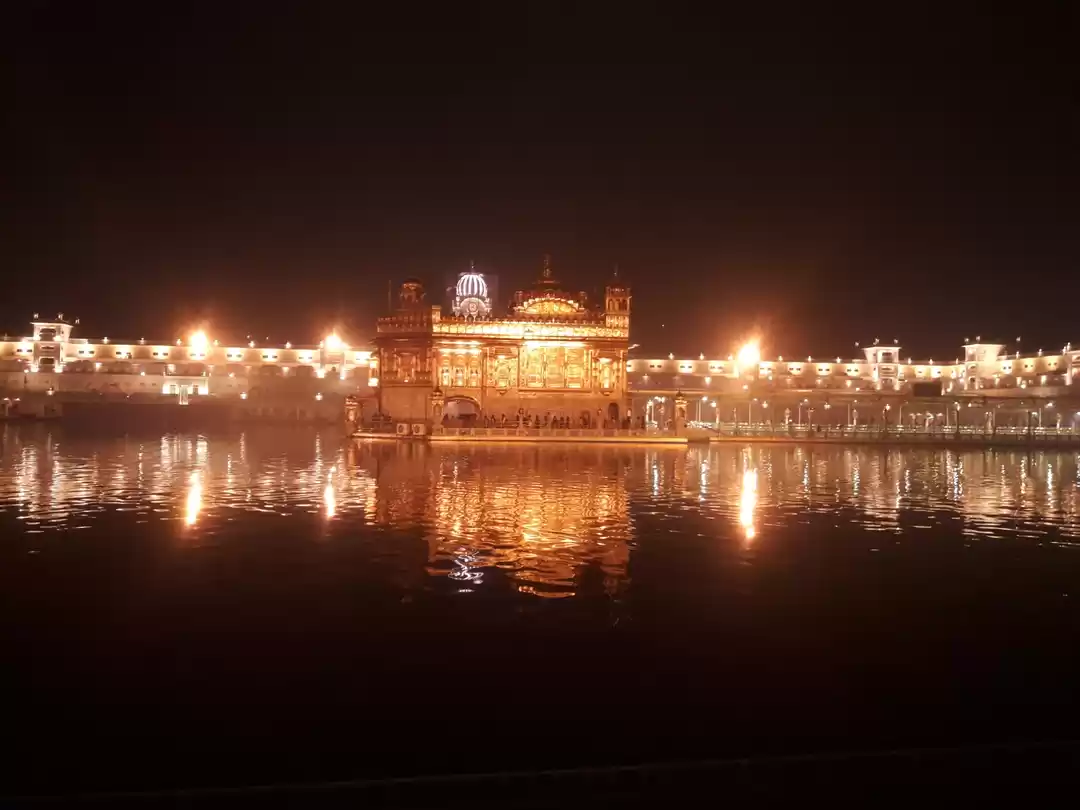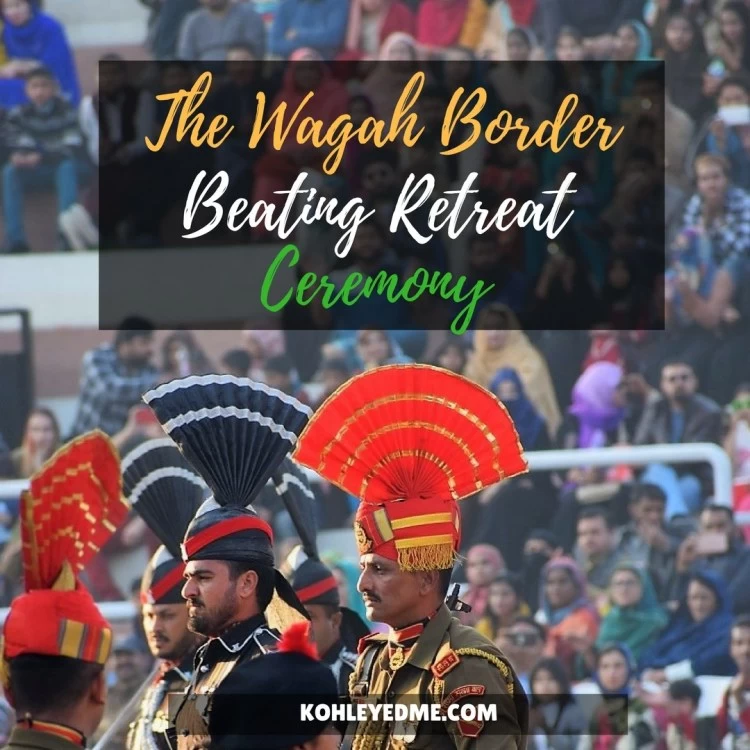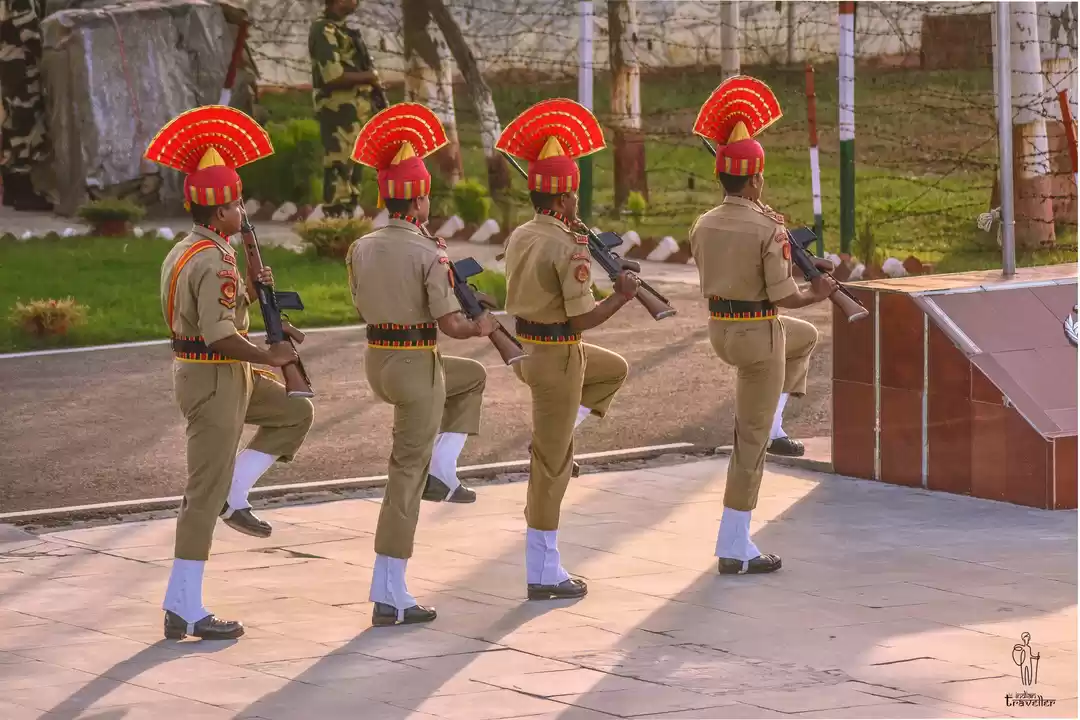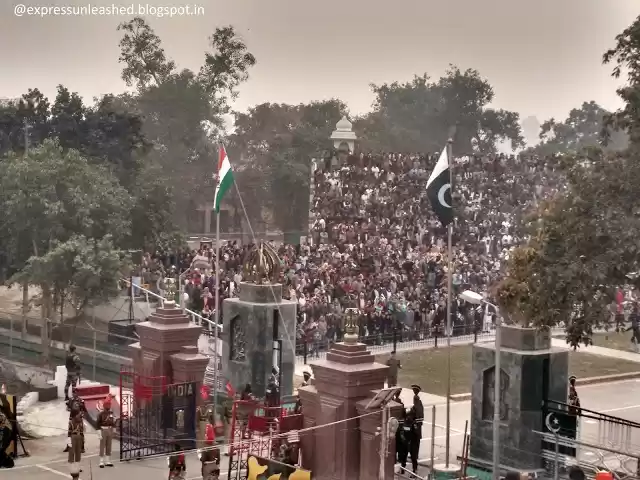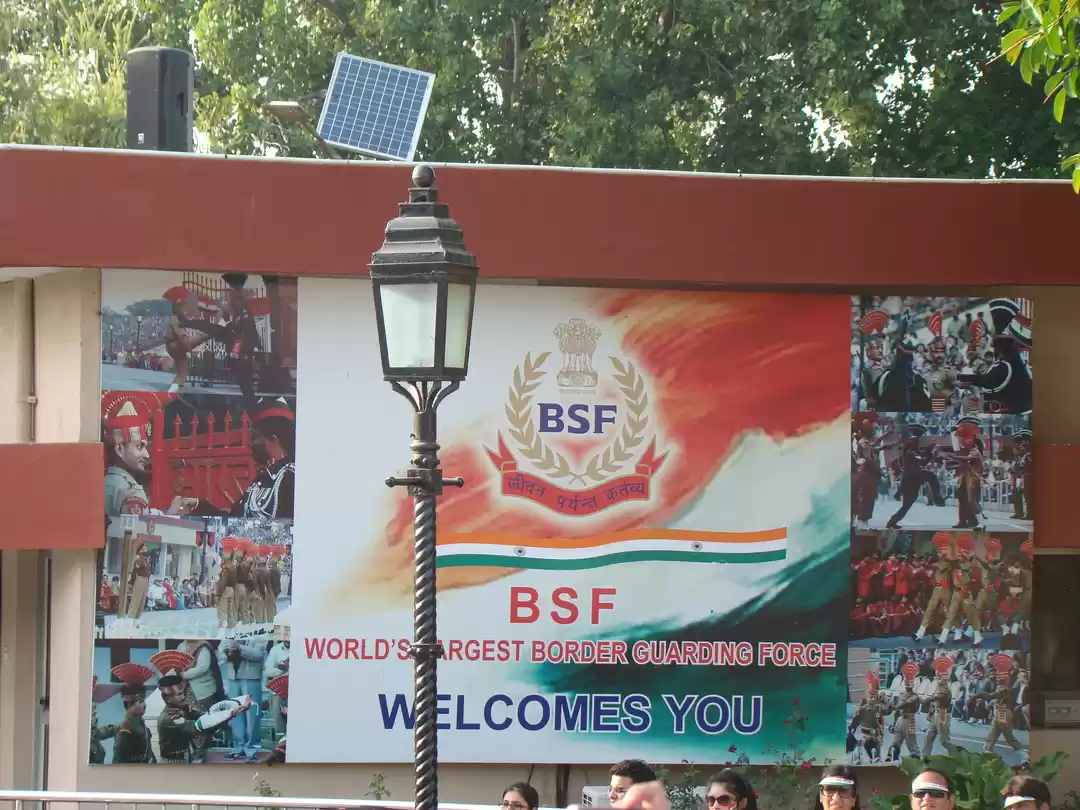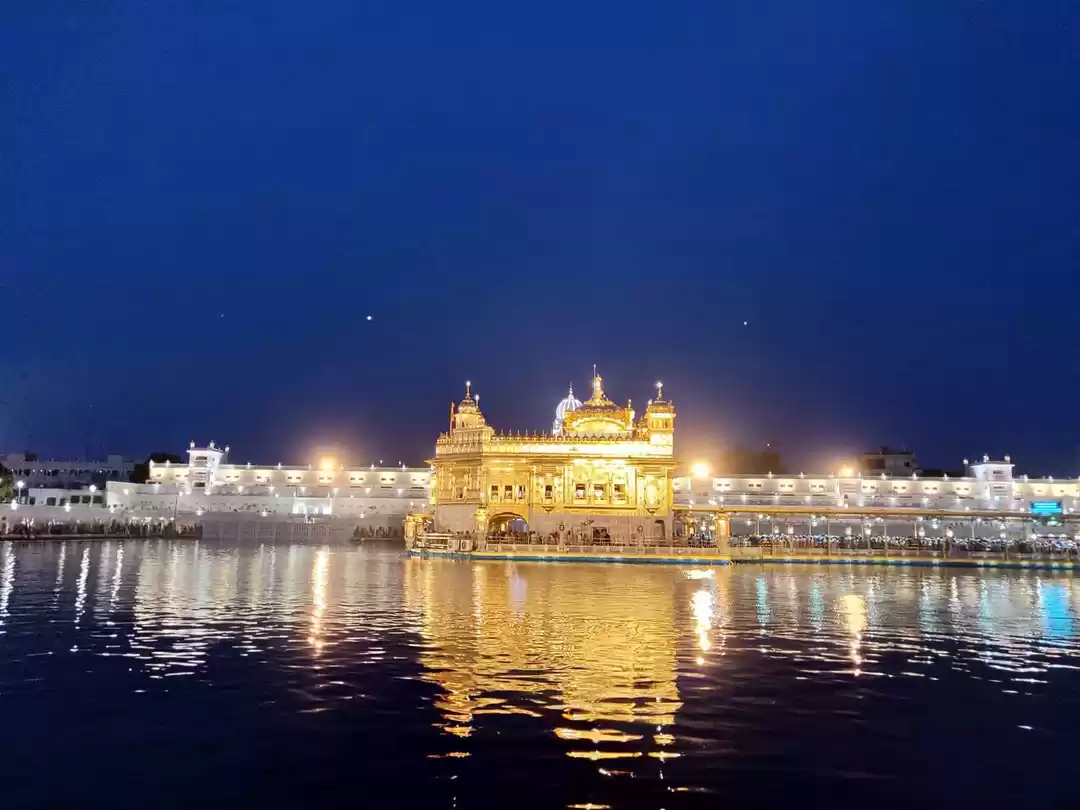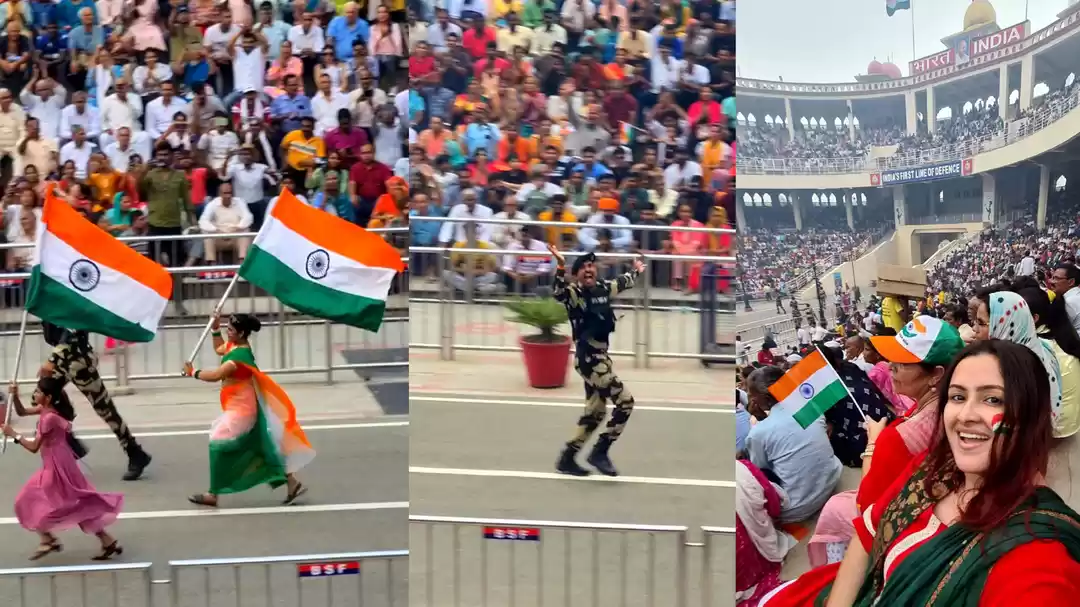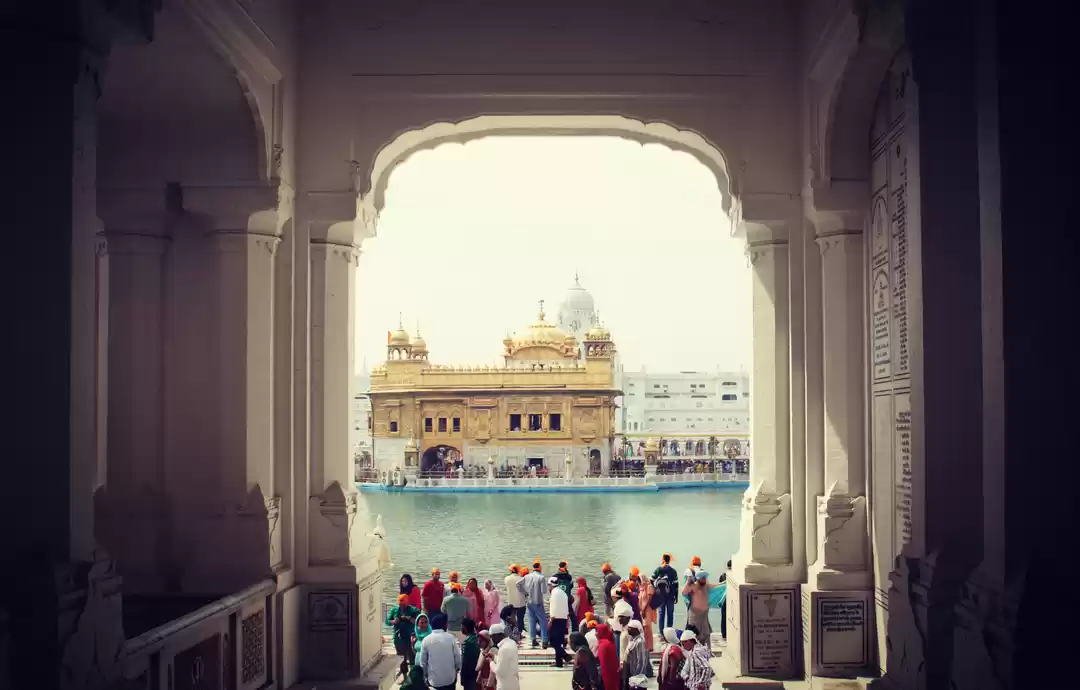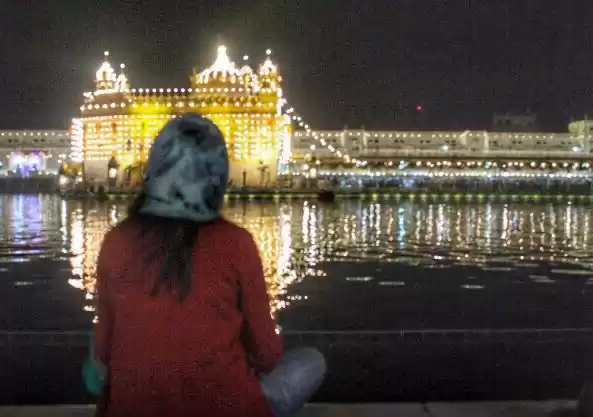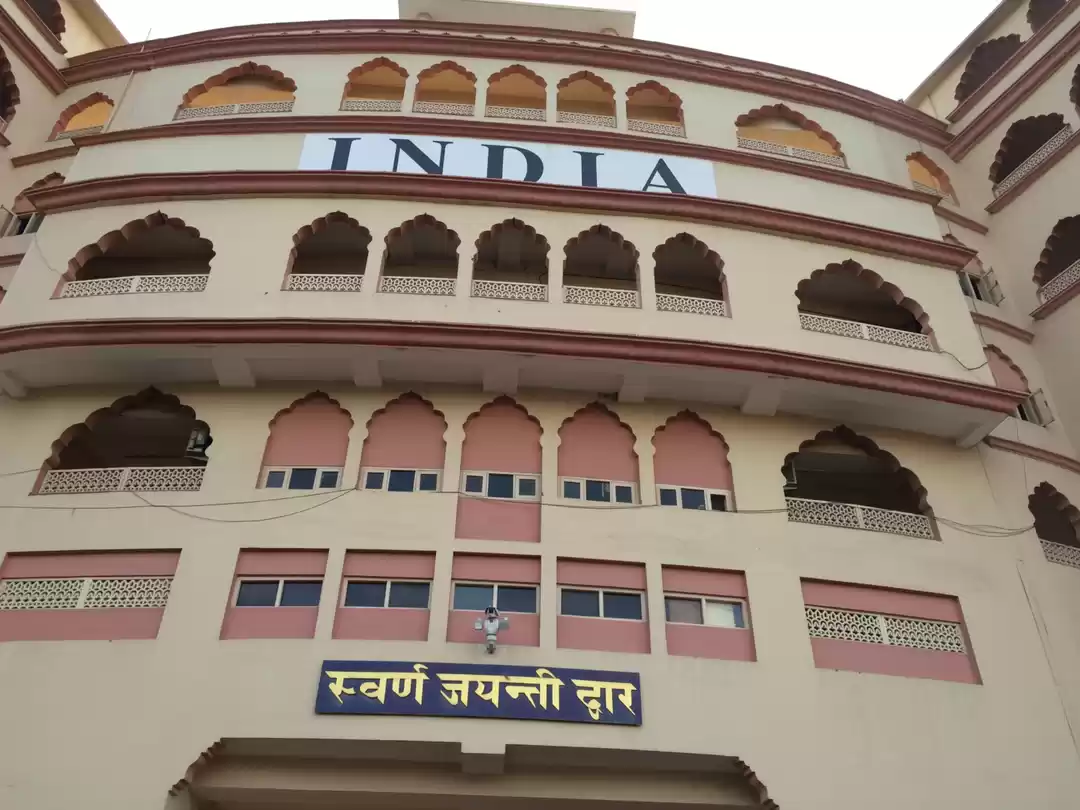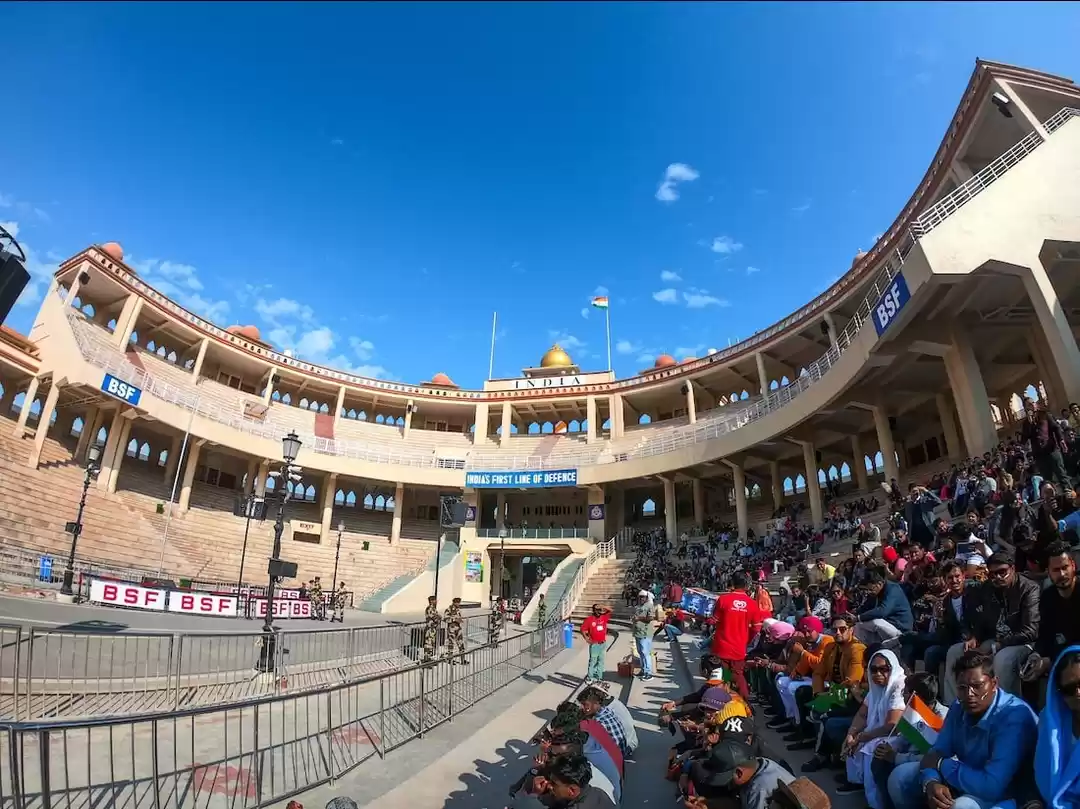



The term ‘border’ in my mind is extremely negative. It stops people – from meeting each other, from moving freely across lands, and from letting people reach their fullest potential. But from a geo-political vantage point it is a much needed decision for each country. Especially when the countries involved are India and Pakistan. So here we were, watching the beautiful Golden Temple in Amritsar getting washed in rain, when our cab driver suggested we check out the Wagah Border before it gets crowded. As an Indian, obviously we have all fantasized about Wagah – to see our men in uniform standing in full glory. And secretly enough, to see if we really are better than the other side. Without much ado we started on the two hour long journey, picking up a friend who could guide us through. Through the journey our friend explained to us about one tiny miscalculation – we weren’t heading to Wagah at all! Wagah, where the border actually gets its name from, is a town in Pakistan – on their side of the border. However, the village on our side is called Attari. Ironically, in Pakistan probably they call the border Attari border – both countries taking the names of the land we cannot touch. A kilometer before the border one needs to park his vehicle, for security reasons of course. Thankfully, for once the security does not seem a farce as each and every soldier scans you with his eyes. You find place to sit in the big gallery if you are lucky, and if you are especially blessed, then you get a seat in the VIP section towards the border. Once everyone was seated, patriotic songs came blasting through the microphones and the audience suddenly became the participant. Old men in dhoti, women with kids in their lap, young boys and girls, school students on a day out – everyone took turns to hoist the flag of our country on their shoulders and ran from one end to the other. Probably it gave them a good photo op or a probable conversation starter (Imagine sitting at a bar and saying, “Oh yesterday you were at the movies? I was at Wagah border, making the country proud”). Or maybe people actually became more patriotic once they saw the armed men, standing by and knowing full well that they are responsible for the whole lot in the ground and within the country as well. The music and some dancing follows for an hour or so till the proper ceremony is announced and silence falls among the crowd. While an announcer asked us to call out ‘Jai Hind’, we could hear the other side cheering for Pakistan. We shouted louder, stronger. They followed suit. We boo-ed, they clapped. We screamed, they shouted. Both sides by then had packed quite an audience – though the Indian side had people waiting outside as well and the Pakistani galleries were half vacant (this may be due to the fact that it is a paid visit in Pakistan but free in India). It was also surprising that men and women sat separately, resulting in only a handful of Burqa-clad women being present for the celebration while more than triple the number sat on the men’s side. The announcer’s job through-out the ceremony was to keep up the cheering – almost like a cheerleader co-ordinator. Soldiers – at least a good six and half feet in height – came marching down, kicking their feet high up and raising their fists in an ‘act’ of aggression and warning. The Pakistani side also choreographed it such that it seemed like we were certainly making sure that neither came in from the other side. What was also pleasing was the fact that female soldiers did their bit in the march as well, breaking myths that women in India sit in their house and stay away from showing any strength and aggression. The ceremony culminates with the flag-lowering performance (in accordance with the rule that flags must be taken down after sunset every-day). And once that is done, the gates are closed once again, the countries and their futures sealed within the limits of each of their lands. The Wagah or Attari Border was divided in 1947. It has a capacity of around 2,000 people on the Indian side which is watched over by the BSF – or Border Security Force, while Pakistan is guarded by the black-pathani suit clad Sutlej Rangers. During summers the ceremony starts by 5.30 PM while in winters the same happens an hour earlier. It is advisable to reach well in advance to get a nice seat – the closer to the gate you are, the better the view.



